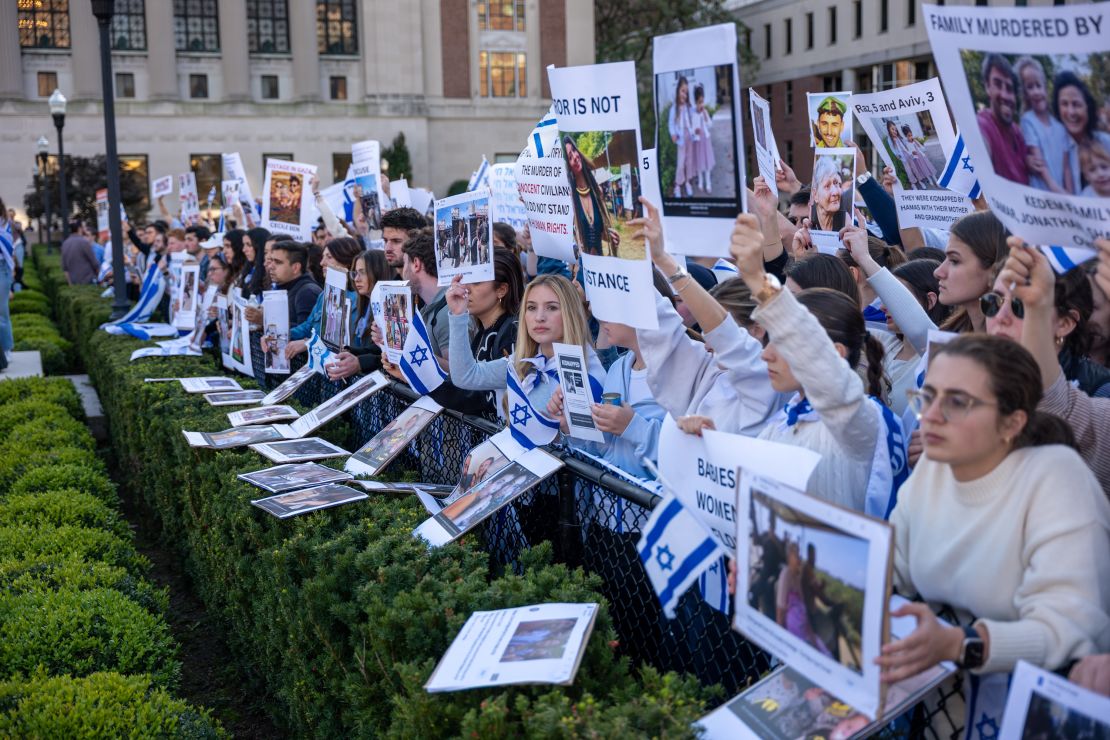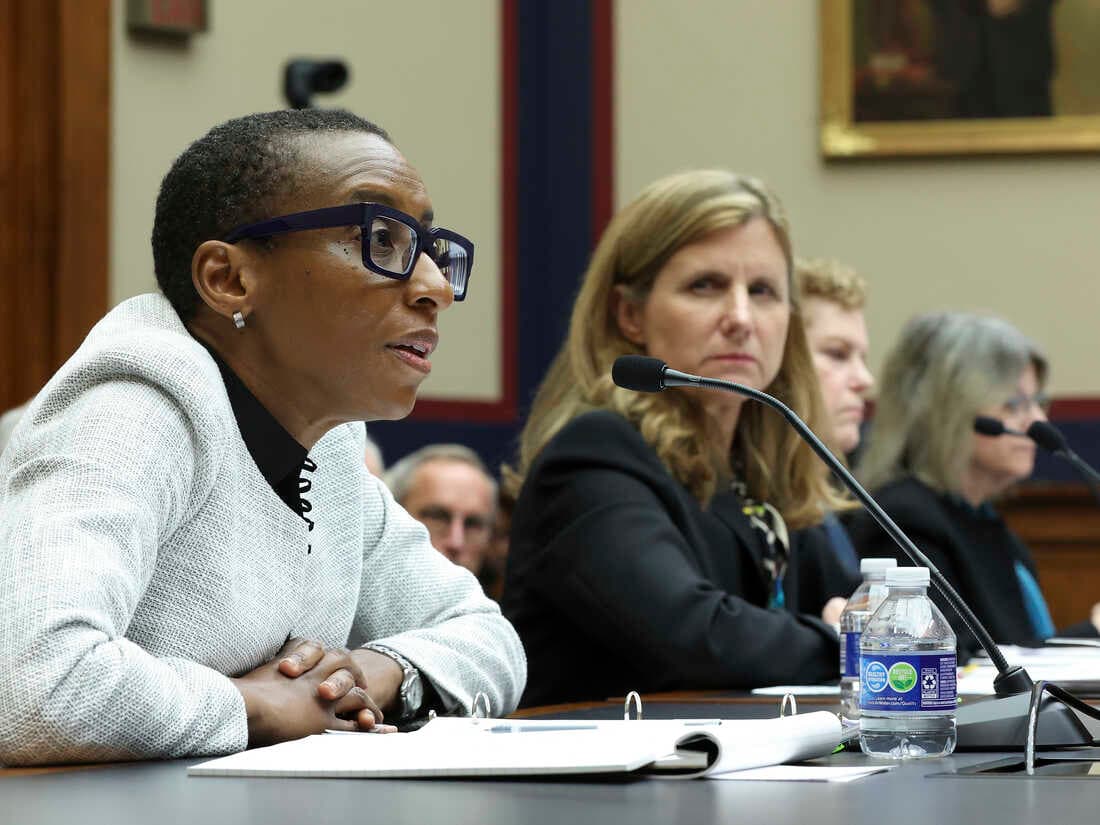On the cutting-edge campus of MIT, a toxic atmosphere of antisemitism is suffocating Jewish students while the institution turns a blind eye. Recent revelations from Will Sussman, a former PhD candidate and president of MIT Grad Hillel, expose a chilling reality where hostility towards Jewish identities thrives unchecked amid rising tensions surrounding the Israeli-Palestinian conflict.
Escalating Antisemitism Ignites Crisis
Since the Hamas attack on October 7, 2023, a wave of antisemitism has swept across American college campuses, with 83% of Jewish students reporting firsthand experiences of discrimination, as noted in a recent survey according to research. For Sussman, who once embodied the aspirations of academic excellence at MIT, the situation has become unbearable. The environment shifted dramatically from celebrating cultural diversity to openly expressing hostility towards Jewish students, as many peers cheered for violence against Jews following the Hamas attack.
MIT"s Leadership Fails to Act
As president of Grad Hillel, Sussman found himself navigating not just his own grief but also the trauma of his community members who faced harassment and bullying for their Jewish identity. Notably, MIT President Sally Kornbluth’s infamous testimony before Congress, where she claimed that calls for the elimination of Jews could be antisemitic “depending on the context,” underscores a troubling lack of accountability at the highest levels of the institution. This dismissal of the pervasive antisemitism has compounded feelings of fear and isolation among Jewish students.

The Detroit Jewish News Digital Archives - October 22, 1948 ...
Targeted Harassment and Institutional Indifference
The aggressive actions of a tenured professor at MIT, who labeled Jewish students as suffering from a “Zionist mind infection,” demonstrate the alarming normalization of such rhetoric. Sussman’s attempts to confront this dangerous discourse were met with escalating harassment, amplified by mass emails from the professor and others within the institution. While MIT’s own discrimination office dismissed a formal complaint, claiming that the professor"s rhetoric was merely a critique of “settler-colonial Zionist propaganda,” it raises critical questions about the university’s commitment to protecting all students from hate.
Stifling Academic Freedom with Intimidation
Sussman’s academic aspirations crumbled under the weight of this hostility. The university’s failure to address the harassment not only stifled his academic freedom but also forced him to abandon his PhD program. This chilling effect resonates beyond Sussman’s experience; it sends a message that Jewish students may not find safety or support at one of the world’s leading intellectual institutions. As reported by Brandeis University, this growing trend of antisemitism on campuses calls into question the very foundation of academic environments that are supposed to champion free speech while protecting marginalized voices.

Jews, Palestinians and Muslims in the US say they’re experiencing ...
Implications of Ignoring Antisemitism
The consequences of MIT’s inaction are dire. By failing to confront antisemitism, the university not only perpetuates a culture of fear but also risks alienating an entire community of students. This pattern of neglect reflects a broader societal issue where antisemitism is often downplayed or dismissed, contributing to a dangerous precedent where hate can fester unchecked. According to a Washington Post editorial, the response to antisemitism often hinges on the balancing act of free speech and community safety, but when that balance is tipped, the repercussions can be catastrophic for individual students and the integrity of the academic institution as a whole.



![[Video] Gunfire between Iraqi security forces and Sadr militias in Baghdad](/_next/image?url=%2Fapi%2Fimage%2Fthumbnails%2Fthumbnail-1768343508874-4redb-thumbnail.jpg&w=3840&q=75)
